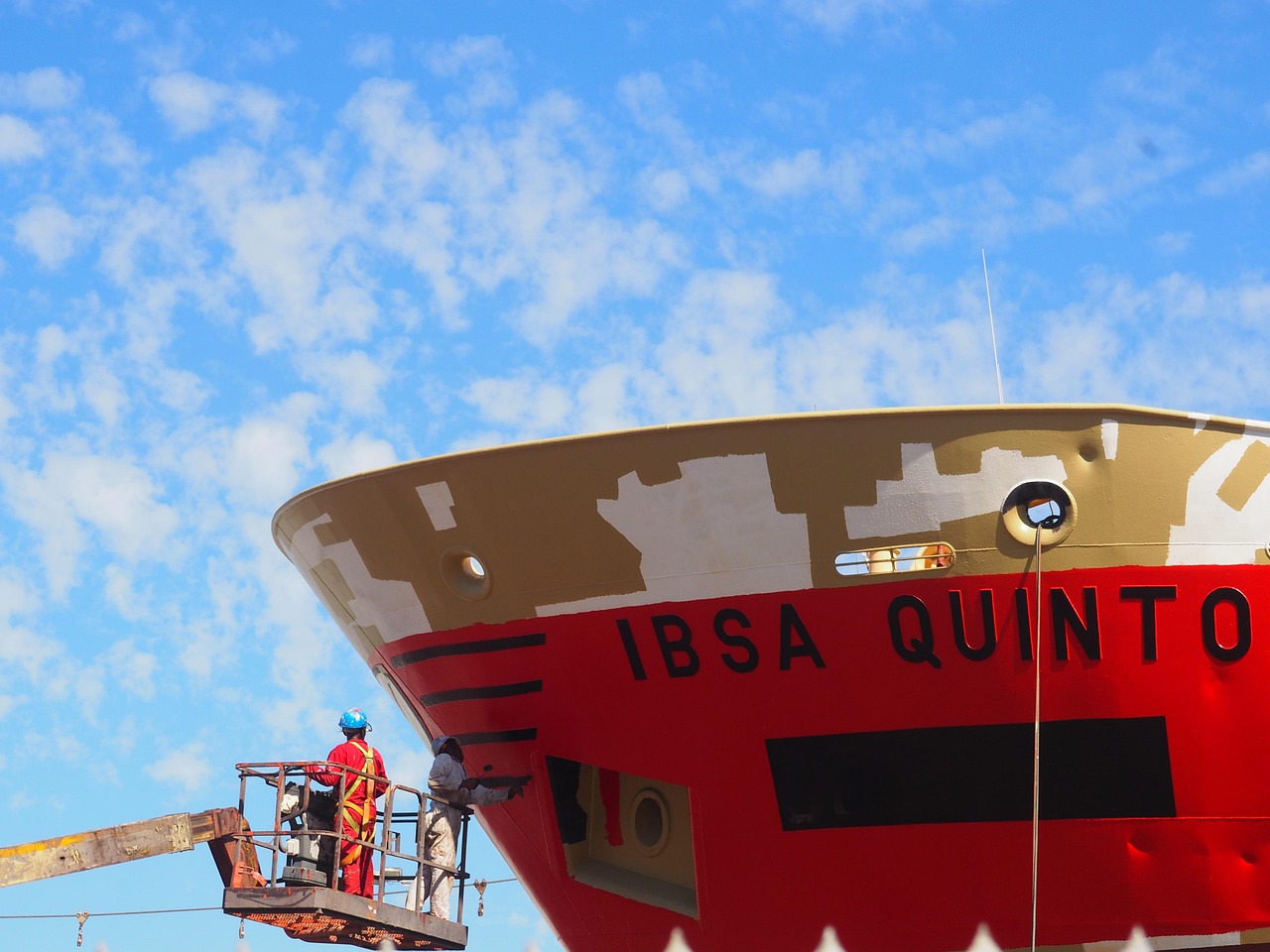
Recently, according to reports from the Nikkei and Yonhap News Agency, Japan and South Korea are considering supporting the revival of the U.S. shipbuilding industry as a key topic in tariff negotiations with the United States. They hope to engage in exchanges with the United States in the field of shipbuilding technology through cooperation, investment, and other means to gain concessions on tariffs.
Industry experts point out that Japan and South Korea have a high dependence on the U.S. market. While the Trump administration's tariff policy primarily focuses on reducing trade deficits, using the shipbuilding industry as leverage may not necessarily lead to concrete tariff agreements. However, in the current environment, the U.S. desires to develop its shipbuilding industry and partnering with Japan and South Korea has become inevitable, providing a new market competitive advantage for their shipbuilding industries.
Japanese Minister of Economic Revitalization, Yoshio Akazawa, and U.S. Treasury Secretary, Janet Yellen, held the second round of tariff negotiations in Washington. Although specific details have not been disclosed, according to the Nikkei, Japan has been considering supporting the development of the U.S. shipbuilding industry as a bargaining chip in the negotiations.
Japanese Prime Minister Shigeru Ishiba stated during a parliamentary speech that Japan will carefully consider comprehensive solutions in areas such as agriculture, energy, shipbuilding, and automotive industries, and has been investing in the U.S. to create job opportunities.
Although Japan's shipbuilding industry holds less than 20% of the global market share, Japan plans to leverage its strengths in environmental technology, high-end vessels, and R&D support to offer advanced shipbuilding technologies to U.S. companies, including liquefied natural gas (LNG) and hydrogen-powered vessel technologies. Japan has proposed to support the development of the U.S. shipbuilding industry through capital investment, workforce training, and other means.
Furthermore, U.S. Secretary of the Navy, John F. Furlong, expressed in Tokyo during a meeting with Japanese Defense Minister Moto Tanigawa that both countries should enhance cooperation in the shipbuilding sector, whether in military or civilian shipbuilding, as there is ample room for collaboration between the two nations. Additionally, Japanese and South Korean shipbuilding companies have engaged in substantive cooperation with the U.S. Navy in the field of military ship maintenance.
During his visit to South Korea, John Furlong expressed a desire for South Korea to assist in the development of the U.S. shipbuilding industry, particularly focusing on the digital shipbuilding technologies and smart shipyard plans advanced by Samsung Heavy Industries and Hyundai Heavy Industries. These initiatives aim to enhance ship production management efficiency and help address issues such as infrastructure and shortage of technical talent in the U.S. shipbuilding industry.
Industry experts believe that the primary challenges in the U.S. commercial shipbuilding sector include labor shortages, inadequate domestic support industries, and high labor costs. While cooperation with Japan and South Korea may not immediately solve these problems, leveraging the policy environment for developing the U.S. shipbuilding industry and achieving capacity and technology transfers could become a new strategic choice for the shipbuilding industries of Japan and South Korea.
